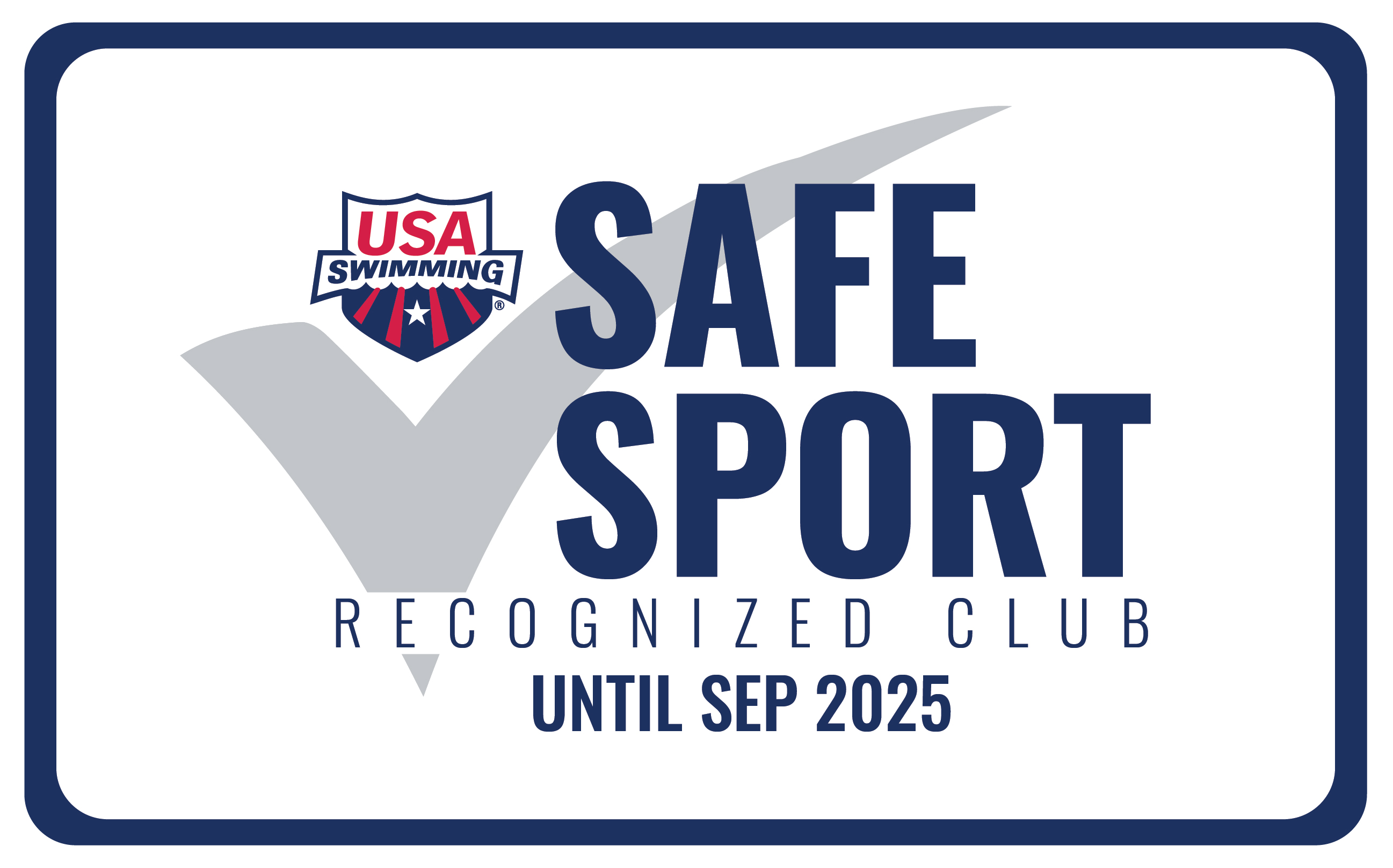How can parents model good teamwork for athletes? Family units are the first teams that children engage with, and the skills that they learn from being part of a family are the skills they will bring to their sports team. But how do you model good teamwork for your athlete at home? Here, Dr. Charron Sumler, TrueSport Expert and Assistant Director of Sport Psychology and Wellness Services at The Ohio State University, explains how parents and caregivers can model good teamwork through house rules, communication, and conflict resolution. Model Conflict Resolution
"Kids don't just learn from being told what to do—they learn from experience. So, teaching your athletes how to handle conflict is less about what you say and more about how you act," Sumler says. "They learn from watching adults and then modeling that behavior. So, you can talk to your kids about how to handle a conflict, but they're going to be more likely to model their behavior after how they see you handle conflict." Sumler explains that it's important to start becoming aware that your athletes are watching you, whether you're having an argument with your partner or recovering from a bad day at work. How you show up in those moments is going to influence how they act at home, in school, and on the field. Model Respectful Communication
"A big skill that athletes need to learn is emotional regulation, and that is one of the biggest skills that they learn from their caregivers," Sumler says. "They watch how you react when you're treated unfairly, and that will show them how to react when they feel they're being unfairly treated. How do you respond when you're in a disagreement with your boss? Are you calm? Do you become confrontational? Your response is going to give them a blueprint for how they respond to problems on the field." Does this mean you should never show emotion or reveal when you’re going through a challenge? Absolutely not, says Sumler. Sharing a tough moment with your athlete can be a great way to help them develop a model for dealing with conflict. "Caregivers should be vulnerable enough to share when they're having a tense moment and explain how they're handling it. For example, you can show that it's possible to have a disagreement with your boss while still managing your tone and maintaining a sense of respect for each other." If you do act in a way that you wouldn't want your athlete to model in a conflict, it's also important to call out that behavior and explain why it wasn't helpful. "If you handle something in a way that isn't productive, it's important to acknowledge that so your athlete doesn't model that behavior," she says. "It’s extremely beneficial when caregivers can explain to their athletes that they handled something in a way they wish they hadn't, and what they should have done instead. You're going to have those moments because you're human, but what matters most is how you acknowledge those moments afterwards." Create Routines that Enforce Teamwork
Routines are as important for teamwork as communication: Pregame rituals, expectations during practice, and how an athlete handles travel for competition are all highly routinized. The more an athlete can anticipate and understand the value of routines, the easier it will be for them to adapt to different team expectations. "Involve your athlete in routines at home that help build accountability and contribution," Sumler says. "This can be things like specific chores your athlete is assigned, but I encourage parents to think beyond just making beds and doing laundry. Think about activities like meal prepping for school lunches and other tasks that can teach helpful skills for the athlete in the long run." She also suggests bringing athletes into the routines that surround training and competition. Create Firm Boundaries
"Boundaries teach athletes how to respect structure, time, and space, which are critical on teams," says Sumler. "So for caregivers, implementing boundaries in the house will help athletes understand what's expected and what's not tolerated. For example, you could set boundaries around sporting events for your family where everyone is expected to show positive effort, positive communication, and gratitude. You don't blame others or quit without reflection." You can also create more specific boundaries that benefit the family, such as a mandatory 10-minute screen time break on the drive home from the game. Model Respect for Coach
One of the most obvious ways that caregivers can model good teamwork is through their relationship with the athlete's coach. "Your athlete is constantly absorbing your impressions of the coach and their actions, and if you are constantly disagreeing with the coach, you're undermining their authority and encouraging the athlete to disrespect their coach," says Sumler. "If caregivers have concerns about things like playing time or the starting lineup, this is a great chance to model good communication strategies," says Sumler. "You can explain to the athlete that you plan to set up a meeting with the coach to share your concerns rather than venting in front of the whole team or other parents." However, Sumler does note that if you can help your athlete communicate directly with the coach instead of you becoming involved, that's ideal. "When parents insert themselves often, then athletes develop the expectation that if something goes wrong, someone else is going to come fix it or address it for them," says Sumler. Takeaway
Your athletes are constantly learning from you, modeling their communication style, routines, and boundaries after what they've observed at home. You can help your athletes thrive in a team setting by creating a healthy team at home. Model the communication style that you want your athlete to use, create routines that teach your athlete the life skills they will need later, and help your athlete develop firm boundaries that they can actually understand and enforce. |

